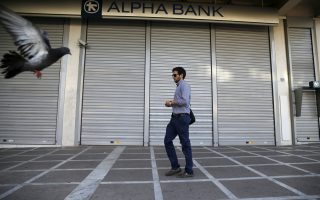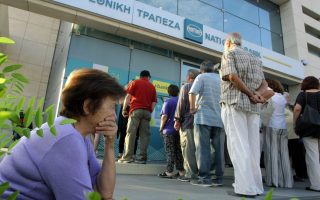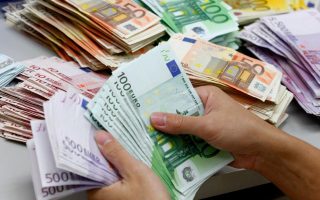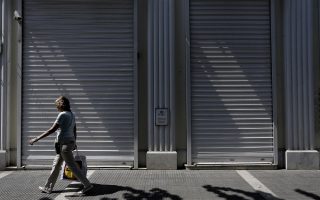Early election plans hit Greek bonds as ECB QE seen delayed
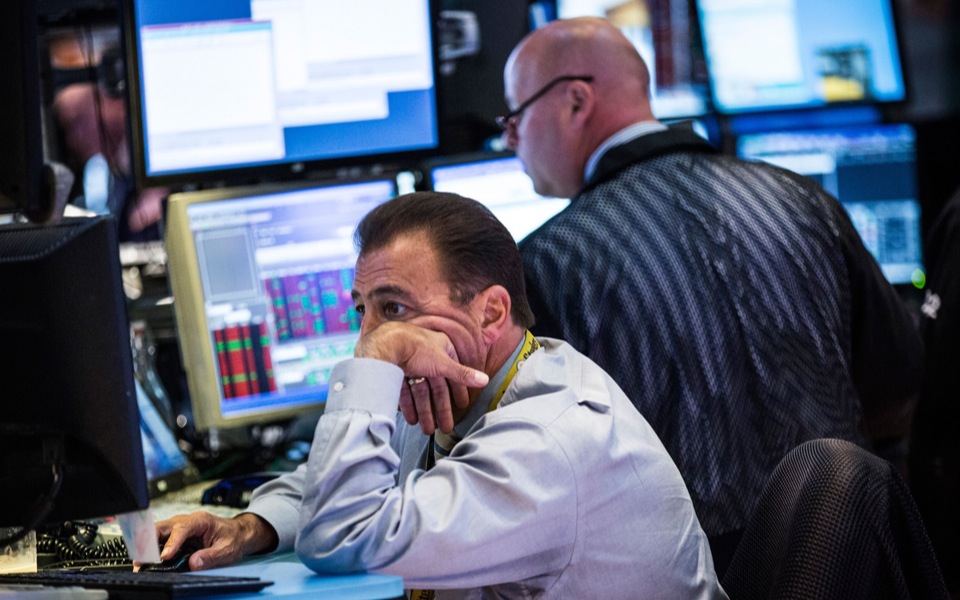
This month's sharp rally in Greek government bonds has gone into reverse as early elections increase uncertainty over reforms and lower the chances of the European Central Bank coming back soon to buy the country's debt.
Had the ECB started buying bonds as its rules permit when Greece entered its third bailout programme – it received the first tranche of funds on Thursday – it would have sent a strong message of support for the euro zone's most indebted economy, enhancing investor confidence in the rescue project.
But Prime Minister Alexis Tsipras' resignation and call for new election looks to have put that on hold.
Some investors, mostly hedge funds, have bought Greek bonds recently with the possibility of ECB buying in mind. That led to a fall in 10-year yields from nearly 20 percent to about 9.5 percent. But on Friday, yields were 83 basis points higher on the day at 10.34 percent.
Two-year yields were up one percentage point at about 13 percent, still far from levels around 60 percent hit in July.
The ECB has said it would buy only after signs from Greece of "credible implementation" of the bailout programme. The first progress report was expected in October.
It was not clear whether the election would force that review back.
Under the rules of the ECB's trillion euro bond-purchase stimulus plan, known as quantitative easing (QE), it can buy non-investment grade debt if the country is in a bailout and if the central bank deems implementation to be credible.
"I don't think the ECB will take the risk to give a rating waver before (elections). There will be volatility as always on Greek bonds," said Isabelle Sanson of Natixis Asset Management.
"It could be a good political signal if the ECB started to buy Greek bonds before the review, but at the same time they have to be sure that the programme will be … (followed) by the Greek government."
The election is expected to be held on Sept. 20.
Once the ECB starts QE in Greece, it can buy 2-3 billion euros of bonds before it hits a self-imposed ceiling of owning no more than a third of a country's paper. The ECB bought Greek bonds under a previous, smaller programme called Securities Markets Purchases.
Greece made a crucial 3.2 billion euro debt repayment to the ECB on Thursday.
QE chances
Some investors, having taken a long-term view that Greece is likely to stay in the euro and repay its debt in full to private bondholders, are optimistic Greece will benefit from QE soon.
Bondholder Hans Humes, chief investment officer at Greylock Capital, says "in terms of stabilising the (economy) and bringing some money back in it does make a difference if they start as early as possible. It would be a very good signal."
But if Greece and the ECB are already "on that path, it's just a matter of time until it's trading more like Spain rather than an emerging market like Ukraine," he said.
Mark Dowding, portfolio manager at BlueBay Asset Management, said Cyprus, whose bonds he owns, may offer a clue to what will happen with Greece.
The island's international lenders concluded their review in late May, a month after Cyprus approved an insolvency law which was key to the programme. The ECB started buying Cypriot bonds in July.
"We can't see the ECB signing off on buying additional Greek debt until 2016 at the earliest," said Dowding, who does not own Greek bonds.
[Reuters]
